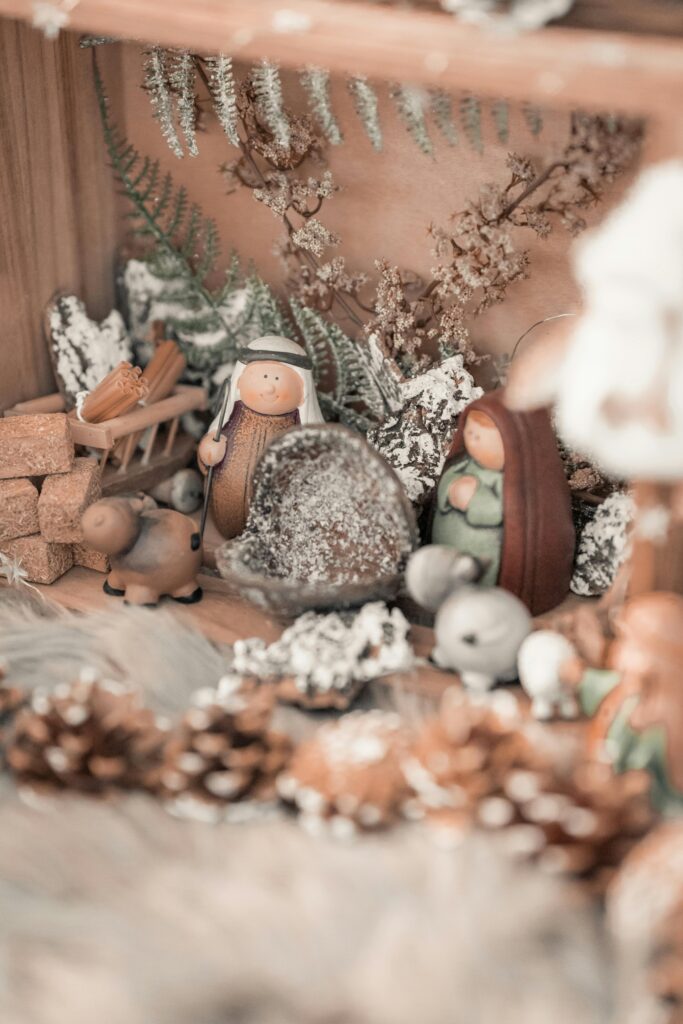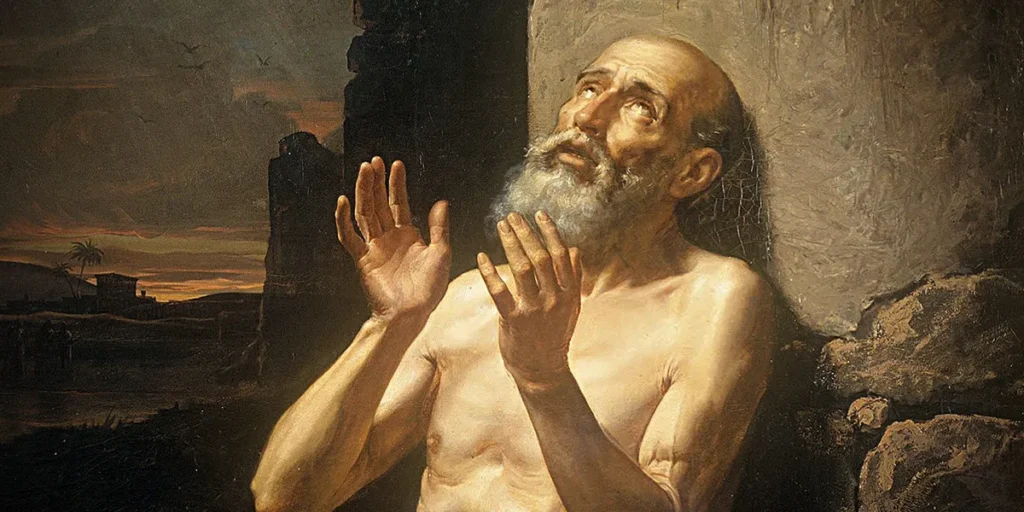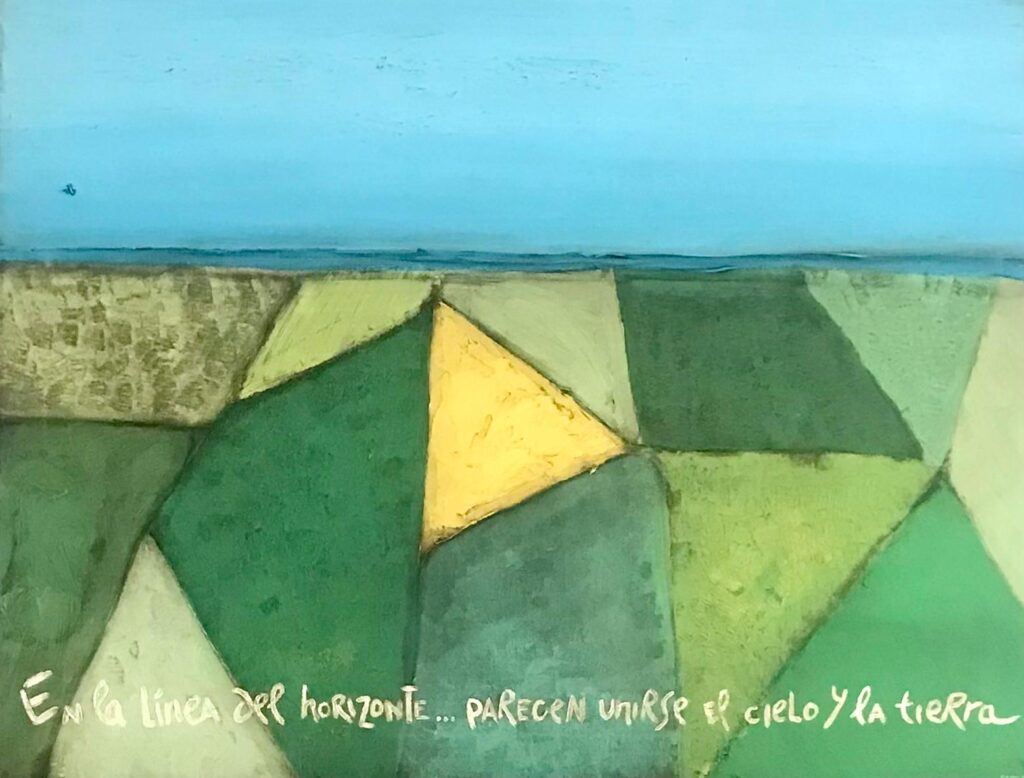A More Humble and Real Christmas
The Tree of Thanks

Every year at Christmas, we put a wish tree in front of our house. It is a simple, eco-friendly tree decorated with garlands and lights. Children are in charge of decorating the tree, hanging objects made by themselves, each representing a wish. This tree, the wish tree, becomes a symbol of what we long for: peace, joy, and well-being in our lives and in the lives of others.
However, in practice, many of those wishes are not fulfilled or do not reach the standard of happiness that society imposes on us during these holidays. A standard that tells us that happiness consists of being surrounded by loved ones, at a table full of food, and in perfect relationships. But what if not all of us are in the mood for that fake joy? Or perhaps, if the health or absence of a loved one makes us feel incomplete? Instead of experiencing the expected happiness, many are faced with frustration and anxiety, wondering how it is possible that such a special holiday, which celebrates the birth of Jesus, causes so much unrest.
At that moment, I realized that perhaps the focus of Christmas is misguided. I thought of the manger, of the shepherds who went to worship the Baby Jesus and brought gifts. They did not just bring gifts, but on their way, they performed an act of Thanksgiving. And then an idea struck me: What if instead of focusing on unfulfilled desires, we focused on the path of Thanksgiving?
Thankfulness consists of recognizing what we have and what we are rather than what we lack. We give thanks not only for our blessings but also for the good that exists in others, even in those whom we consider our enemies. In doing so, we turn adversaries into friends, and even more importantly, we participate in the good that is in the other. This is the true meaning of Christmas: a time to be thankful, not just to wish.
So this year, instead of wishing a Merry Christmas, I have decided to create a tree of thanks. And, like the shepherds, I will walk the path of thanks during these days. Throughout Christmas, I will share 12 thanks, one for each day, that reflect what I have and what life has taught me.
- Thank you for my Parkinson’s, which has allowed me to discover the people who care for me and make me more humble.
- Thank you for being a little alone this Christmas, because it has helped me get closer to those who are really alone and value each encounter more.
- Thank you for being older, which has allowed me to retire and enjoy the sunlight without having to work.
- Thank you for the family and friends who invite us to celebrate their joy.
- Thank you for the sounds of the party, which remind us of life and make us enjoy it.
- Thank you for the mothers of the soldiers, for their pain and for how they turn it into humanity.
- Thank you for the mothers, who are never lacking.
- Thank you for the nougat and seafood that we are going to enjoy during these holidays.
- Thank you for the children, who continue to ask about the fatherhood of Saint Joseph, showing their curiosity and faith.
- Thank you for the Christmas atmosphere, which invites me to reflect on God’s plan for humanity.
- Thank you for Jesus, who trusts in us despite our faults.
- Thank you for the difficulty of life, which makes me long for the fullness of eternity in God.
This Christmas, let us exchange unfulfilled desires for sincere gratitude. Not only towards what we have, but towards others and towards the challenges that have helped us grow. Instead of seeking the perfection that society promises us, let us discover the beauty of the imperfect and what really matters: love, faith and gratitude.
May this Christmas be a celebration of the path of gratitude, and may we share it with others, transforming our lives and those of those around us.
 (EN)
(EN)
 (ES)
(ES)
 (IT)
(IT)





